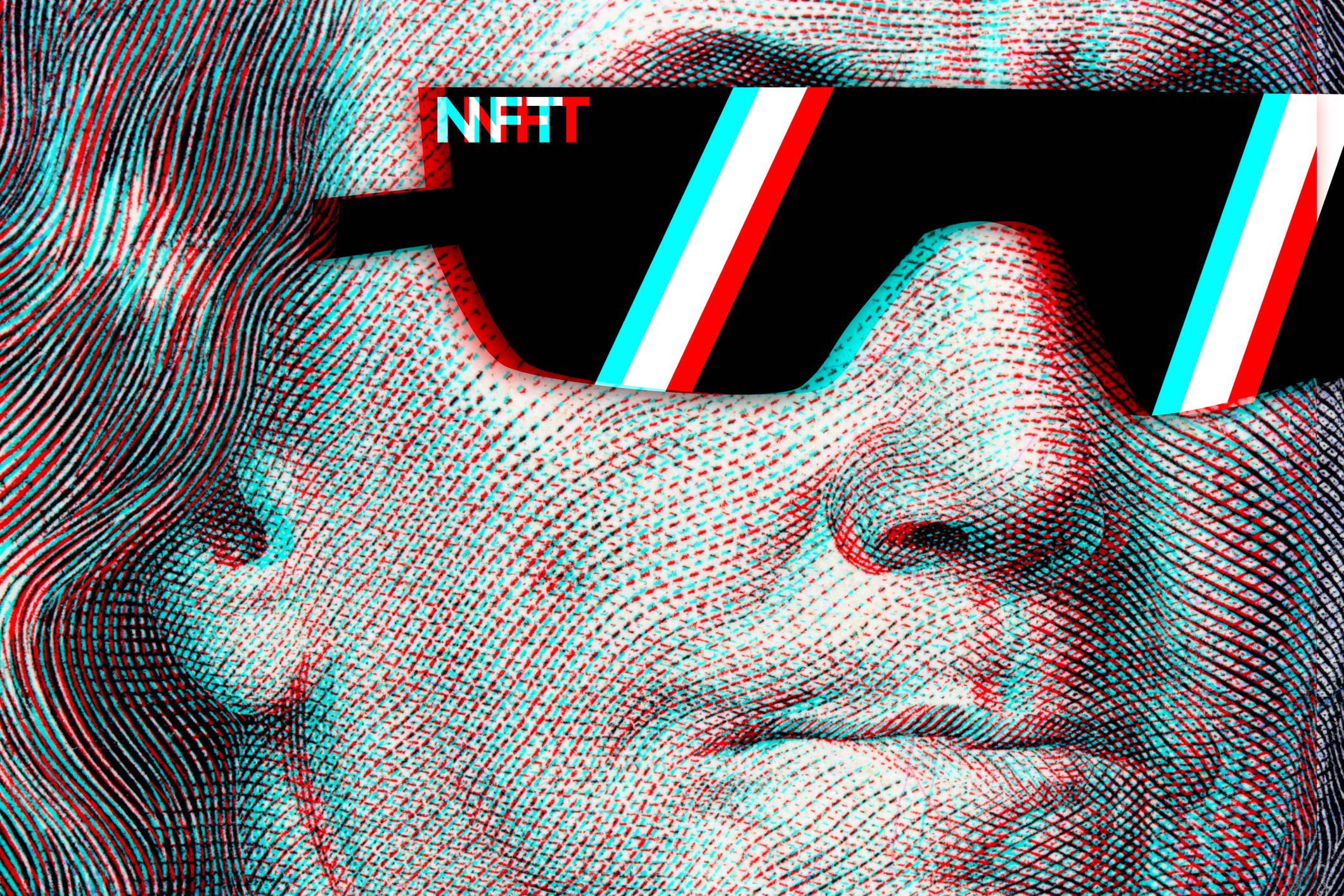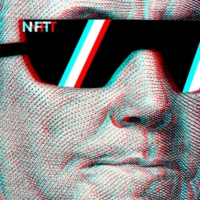Last month, Collins Dictionary announced that "NFT," which stands for "non-fungible token" (非代替性トークン, hidaitaisei tōkun), was the winner of its Word of the Year contest.
Collins defines an NFT as a unique digital certificate that can be used to record ownership of an asset, like an artwork or collectible. While that doesn’t explain how a work of digital art could be sold for over $60 million at an auction, the buzz the sales generated led to it also being nominated for this year’s 新語・流行語大賞 (Shingo, Ryūkōgo Taishō, New Words and Buzzwords Awards).
Other tech-related words that made the top 10 include “crypto,” a shortened version of "cryptocurrency" (暗号通貨, angōtsūka), and "metaverse" (メタバース, metabāsu). Of course, that last one may be popular because of everyone asking, "What is the metaverse?"
With the pandemic still ongoing, it’s no surprise that pandemic-related terms would be on the list. They included “hybrid working” (ハイブリッドワーキング, haiburiddo wākingu), a style of work that mixes 出社 (shussha, going to work) and 在宅勤務 (zaitaku kinmu, working from home); and “pingdemic” (ピンデミック, pindemikku), a term used to describe absences from work due to a ピン (pin, ping) on a phone app that warns users they may have been in close contact with someone who has contracted COVID-19.
Another notable term that made the list was "climate anxiety" (気候不安症, kikōfuanshō), which is used to describe the concern more and more people are having when it comes to 気候変動 (kikōhendō, climate change).
Rounding out the top words were: "double-vaxxed" (2回ワクチン済, nikai wakuchin-zumi), "neopronoun" (新代名詞, shindaimeishi), "cheugy" (チューギー, chūgī) and "Regencycore" (リージェンシーコア, rījenshīkoa).


















With your current subscription plan you can comment on stories. However, before writing your first comment, please create a display name in the Profile section of your subscriber account page.